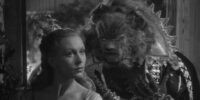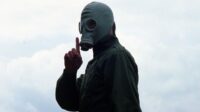It has been 25 long years since the release of Mel Gibson’s Braveheart, the iconic war epic starring Gibson as the Scottish freedom fighter William Wallace, with Patrick McGoohan, Brendan Gleeson, Sophie Marceau, Catherine McCormack, and Angus Macfadyen in supporting roles. The dramatization of Wallace’s life was penned by Randall Wallace (no relation) and was filmed in Ireland and Scotland in the year 1994 between the months of June and October. It would go on to win five Oscars from 10 nominations, but as the years have passed, it has come in for some criticism for its historical inaccuracies in areas such as Wallace’s title, his love interest, and the attire the Scottish forces wore.
In reality, Wallace was not a commoner. He came from a long line of noblemen, and his wife was actually named Marion, not Murron. The decision to change her name was to prevent comparisons to Robin Hood’s Maid Marion. The kilts that Wallace and his men wear in the film were actually not introduced until much later, sometime around the 17th century. Also, another inaccuracy was the location for The Battle of Stirling, which actually took place at Stirling Bridge and not in opened-pitch battle in the way it is depicted in the movie.
Instead of going into the minutia of historical accuracy, Gibson’s attention became more focused on the myth of the folkloric hero. This is not surprising considering how written accounts from that era are few and far between. One of the rarest recountings of Wallace’s life came in Blind Harry’s epic poem, “The Actes and Deidis of the Illustre and Vallyeant Campioun Schir William Wallace.” It was this poem that would inspire Randall Wallace in crafting his tale about the legendary Scottish revolutionary.
Braveheart is set during the 13th century, when William Wallace (Gibson) leads a Scottish rebellion against King Edward I, otherwise known as Edward Longshanks, a nickname given to him for his stature (the term “longshanks” meaning long legs or long shins). The English king was known for his ruthlessness, quashing any rumblings of rebellion in a moment’s notice, ordering the slaughter of men, women, and children alike. Patrick McGoohan is exceptional in the role of the cruel monarch and never misses an opportunity to sow the seeds of terror in anyone who would dare question his power.
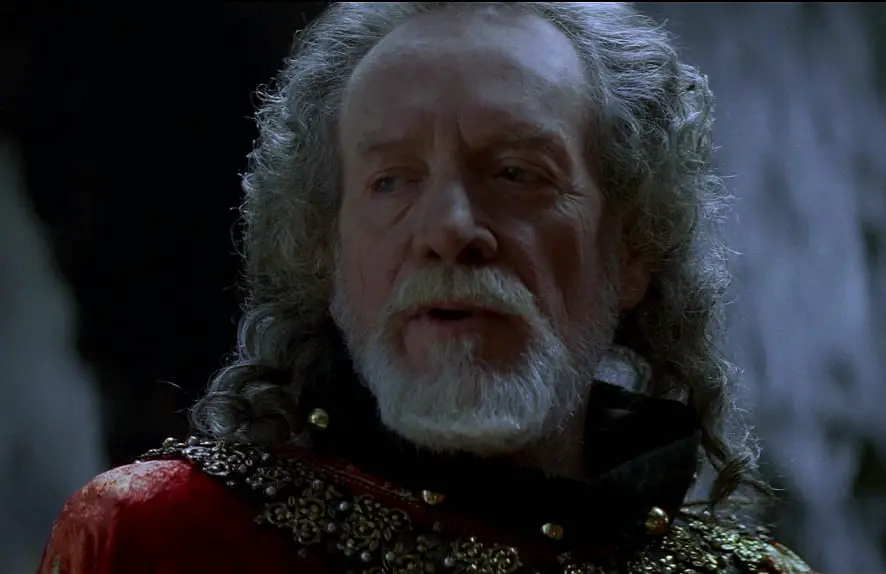
As the movie opens, we hear James Horner’s score for the first time, and the late master sets the scene impeccably. Braveheart shows us immediately that its arsenal doesn’t just consist of implements of war, but also of a score with a near-hypnotic beauty. The way the soundtrack is used is stunning; it adds layers of poetic complexity to every scene. Horner and Gibson expertly use the score to allow us a glimpse into the minds of the characters.
After his family is murdered at the hands of the English during an uprising, a young William is taken away by his uncle, Argyle (Brian Cox). After many years, William returns home in search of his childhood sweetheart Murron (Catherine McCormack). Not long after the pair are reunited they marry in secret to prevent the local lord the chance to claim the newly reinstated law of Prima Nocta, which allows a lord the right to sleep with a common woman on the night of her wedding. These draconian methods implemented by King Edward I were unfortunately not uncommon as England looked to solidify its dominance in the region.
As Longshanks said himself, “The problem with Scotland is that it is full of Scots.” He goes on to say, “If we can’t get them out, then we will breed them out.” In a couple of sentences, Braveheart‘s creators conjure a startling portrait of the attitude of colonial England, even in its infancy. Although Braveheart is not historically accurate, what it does well is present a representation of the attitude of the time. The installation of the law of Prima Nocta could be seen as a metaphor for the spread of English influence and culture throughout the region. When King Edward says “we will breed them out,” he means as much to rid the Scottish of their culture as he means to literally profligate the English presence there. To echo The Last of the Mohicans, the mission was “to make the world England.”
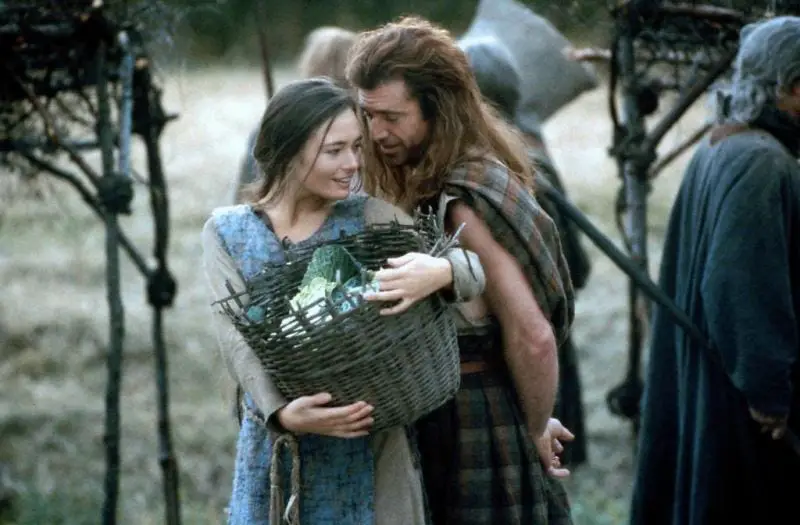
After Murron is executed, the pace of Braveheart picks up substantially, as her death is the catalyst for everything that follows. What begins as a local rebellion spirals out of control and soon turns into full-scale insurrection. Now William Wallace will lead a nation in seeking its freedom from under the thumb of the English hand stretching from south of the border.
Whatever William Wallace’s real motivations were for going to war, one doubts it was over a lost love, but you could say that Murron was symbolic of his love for Scotland. She was abused, almost raped, and put to the post to be executed on a whim. The treatment of his lost love could be said to be a commentary of the abuses the Scottish people faced through centuries of English rule. It is for her and the acts that have been transgressed upon her that William Wallace and his people take up arms. It is no coincidence that the gift she presents to him at his father’s and brother’s gravesides when they are children is a thistle, the national flower of Scotland. Murron is Scotland in the heart of William Wallace, the embodiment of the nation he loves so deeply.
The way Braveheart is crafted allows it to capture the ethos of not only its time period but also of those that would follow. The attitude the English had for its neighbors back then is perfectly encapsulated at the Battle of Falkirk. Longshanks orders the Irish infantry to make the first charge instead of using the archers to attack from a distance. King Edward says, “Arrows cost money. Use up the Irish, the dead cost nothing.” This line of dialogue is the perfect example of how little value the Crown gave to the life of not just the Irish but to the common man overall. The aristocracy just looked at them as meaty pawns to be used and pushed around the battlefield like little playthings, just small pieces in a vast game of callous chess.
It is later in this battle when we see that Robert De Bruce (Angus Macfadyen) has betrayed Wallace. The moment the latter pulls back De Bruce’s helmet is heartbreaking—it is this act of betrayal that causes Wallace to lose hope entirely. Although this an incredible moment in the movie, this act of betrayal by De Bruce is a serious bone of contention for historians. De Bruce is a national hero in Scotland, and not only did he not betray Wallace in this way, but he didn’t even fight against him at the Battle of Falkirk.
It could be said that the one who committed the act is less important here than the act itself. What we really witness in this scene is how powerful an instrument corruption is, since it was politicking and underhanded dealings that prevented the success of Wallace and his rebellion. It wasn’t the might or the brutish force of the English army that conquered Wallace, but rather the whispers in the dark and the knife in the back that brought down this uprising.
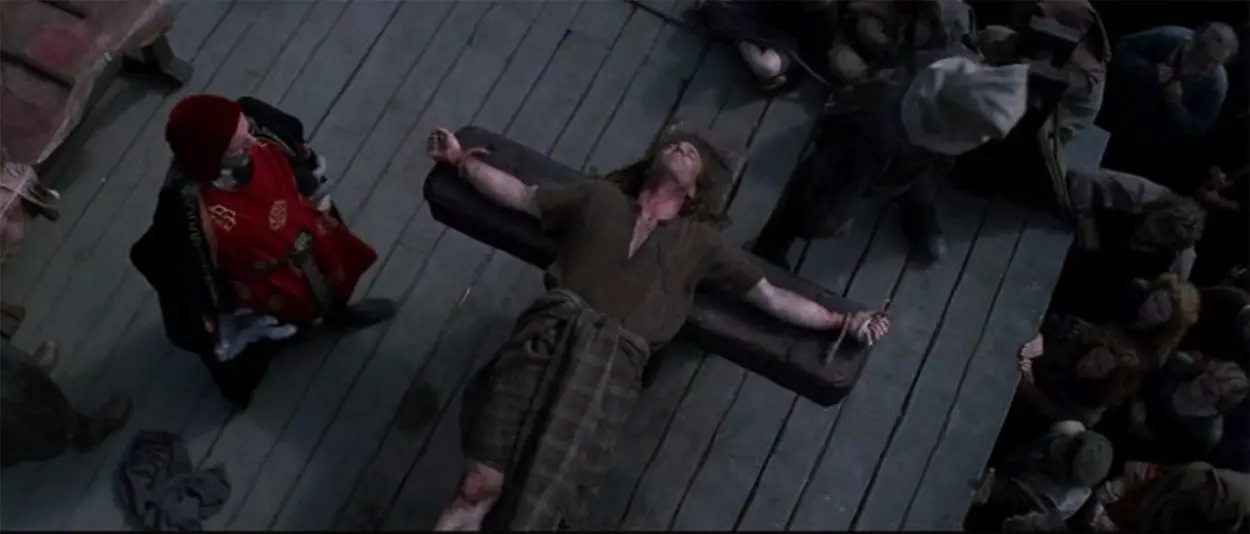
I think the conclusion to William Wallace’s story is the epitome of the romanticized version of what a revolutionary hero should be. Even at the moment when he is getting his body wrecked and his guts ripped from his belly, the words he still screams are that of freedom. No matter the cost, his belief in his ideals never falters; up until the moment of death, the fight is not over, and to quiet this man they will have to put him in the ground.
Even then he will not truly be gone. His ideas and beliefs will live on through the people he knew and the lives he touched. Through them, he will be granted immortality, and their tales and their stories will grant him a life longer than that of any monarch or regime. This message at Braveheart’s climax is so powerful and resonates with all of us, as we would all like to leave a long, lasting legacy.
When I first watched Braveheart all the way back in 1997, I was only 10 years old, and maybe this was not suitable viewing, but it did have a lasting effect. I was captivated by the epic tale, the rawness of it all, the inspirational words, and just like many I was under the spell of an actor at the peak of his powers. The film itself is every bit as mesmeric as its score, and at first viewing, it looks like an epic tale told impeccably.
It was only as I grew older and saw Braveheart on multiple occasions that I noticed the continuity errors, such as how William Wallace’s sword disappears and reappears during one of the battle charges, or little things like his footwear changing from period-appropriate to what are clearly boots wrapped in cloth. These are all little things, but they do date movies like Braveheart and Gladiator, as the attention to detail took a back seat to dramatic glorification.
This is not all that dates movies of this era. The protagonists back then were less flawed. They were usually the personification of what they portrayed and sometimes lacked the complexity of some of today’s heroes. Nowadays we seek the duality of man, we want to see the darkness under their shine. We like our characters to be more human, more layered and more real, more relatable, even if the events that they are facing are entirely without relation to us in our everyday lives. Even though the worlds we see bear less resemblance to the one we know, the characters we see are ones we recognize.
Even with its historical incongruities and flaws, Braveheart is still an iconic movie. Gibson’s performance as William Wallace is legendary, from his facepaint to the inspirational speeches to the down-and-dirty, raw battle scenes that upped the ante for generations to come. It will be forever seen as the standard-bearer for the modern-day epic. Even though the action at the center of Braveheart was one of its strengths, its core message was truly the source of its power.
The aspiration of freedom and autonomy is a powerful message that rings true for all of us, whether it be on an individual, local, or national basis. Braveheart shows us how folklore and myth can paint a picture that resonates to this very day. It reminded us that no matter the era or time period, freedom is an innate human right. Though it’s something that should not be given to us (because it already belongs to us), when it is taken away, the onus is on us to take it back no matter the cost.


